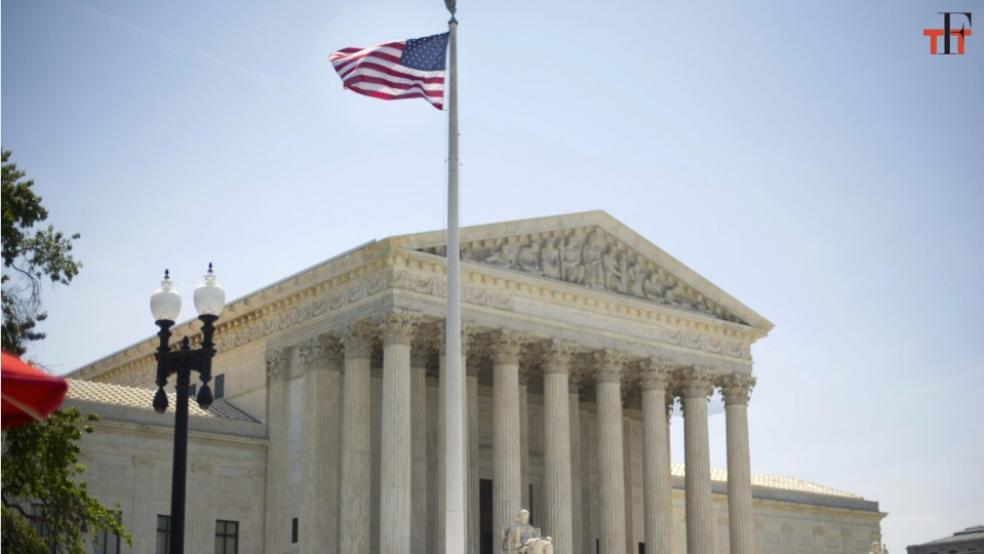The Supreme Court on Thursday struck down the Biden administration’s eviction moratorium, ruling 6-3 that the Centers for Disease Control and Prevention exceeded its authority.
“The CDC has imposed a nationwide moratorium on evictions in reliance on a decades-old statute that authorizes it to implement measures like fumigation and pest extermination,” the court’s majority said in an unsigned opinion. “It strains credulity to believe that this statute grants the CDC the sweeping authority that it asserts.”
The court’s three liberal justices dissented. “The public interest strongly favors respecting the CDC’s judgment at this moment, when over 90% of counties are experiencing high transmission rates,” Justice Stephen Breyer wrote in a dissent joined by Justices Sonia Sotomayor and Elena Kagan.
But the majority, ruling in favor of a challenge brought by a coalition of landlords and real estate trade groups in Alabama and Georgia, argued that the legal issue was clear. “It is indisputable that the public has a strong interest in combating the spread of the COVID–19 Delta variant. But our system does not permit agencies to act unlawfully even in pursuit of desirable ends,” the ruling said, adding, “If a federally imposed eviction moratorium is to continue, Congress must specifically authorize it.”
Landlords and realtors hailed the decision.
White House Press Secretary Jen Psaki said in a statement Thursday night that the administration was disappointed. “As a result of this ruling, families will face the painful impact of evictions, and communities across the country will face greater risk of exposure to Covid-19.” She said the president is calling on all entities that can prevent evictions, from cabinet agencies to local courts and landlords, to act with urgency.
The decision wasn’t a surprise: The Biden administration initially said it did not have the authority to extend the moratorium. But facing political pressure to act after lawmakers did not, the CDC announced the new 60-day moratorium on August 3. At the time, Biden himself acknowledged that the move might not be legal, based on a prior Supreme Court ruling. “The bulk of the constitutional scholarship says that it’s not likely to pass constitutional muster,” he told reporters. “But there are several key scholars who think that it may and it’s worth the effort.”
Biden added that part of his strategy was to buy more time for billions in federal aid money to flow to renters.
Why it matters: The court’s ruling may leave millions of renters at risk of eviction as bureaucratic delays have slowed the delivery of the aid money to a trickle. As of the end of July, just over $5 billion of the $46.5 billion in total aid approved by Congress — about 11% — had been distributed to tenants through state and local programs, according to data released this week by the Treasury Department. About $1.7 billion in aid was disbursed last month, up from $1.5 billion in June.
About 3.5 million people told Census Bureau survey takers this month that they were “very likely” or “somewhat likely” to face eviction in the next two months, and some 6 million people are estimated to be behind on their rent, though some tenants may still be protected by state or local eviction bans.
What’s next: The Biden administration and Congress will face renewed pressure to avoid a flood of evictions. The administration announced some new steps to do that this week, and The New York Times reports that “Biden’s team has been mapping out strategies to deal with the likely loss of the moratorium, with a plan to focus its efforts on a handful of states — including South Carolina, Tennessee, Georgia and Ohio — that have large backlogs of unpaid rent and few statewide protections for tenants.”





